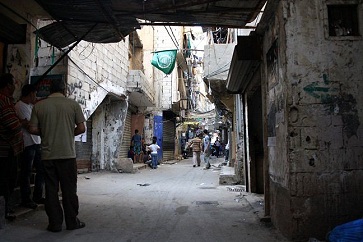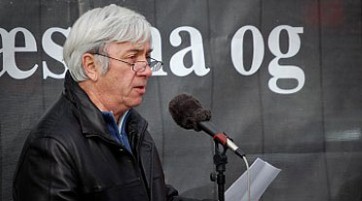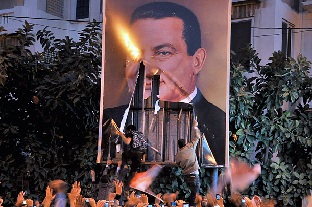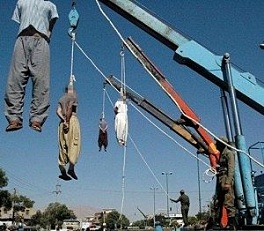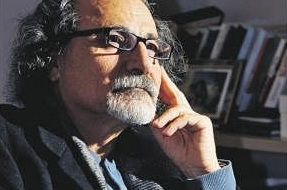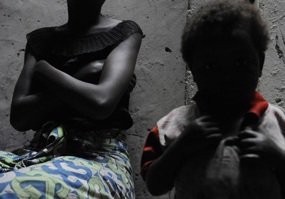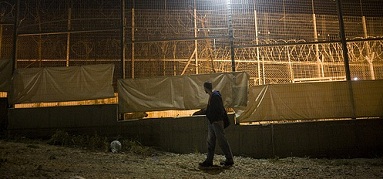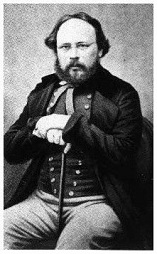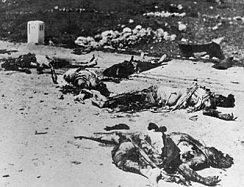North Atlantic Alliance of Neo-Fascists
Julio Godoy

"The attacks in Oslo and Utøya “surely [are] not the last acts of terror in the name of the armed fight against Islam”.
Common to the informal North Atlantic neo-fascist coalition is the hatred of Islam, the radical opposition to immigration and to multicultural society, the belief in white racial supremacy and in Christian fundamentalism, the unconditional support of Israel, sympathies for the U.S. ‘Tea Party’ movement, and contempt for democratic institutions.
Sympathetic to these neo-fascist groups are extreme right wing parties functioning in practically all European countries, from the Norwegian Progress Party, the Sweden Democrats, the True Fins, and the Danish People’s Party, to the French Front National (FN), and the Italian Lega Nord. The perpetrator of the massacre on Jul. 22 was a long-standing member of the Norwegian Progress Party.
Further evidence of the pervasiveness of extremist right wing views is the fact that 14 of the 27 countries represented in the European Parliament have at least one MP who defends xenophobic views and calls for stern anti-immigration policies.
While some of the parties – such as the FN in France, the Freedom Party in Austria, and the Lega Nord in Italy – have a relative long history, most of them were founded in the late 1990s and early 2000s, in reaction to the growing multiethnic character of European communities and to immigration, especially of Muslims.
Leaders of all these parties and groups, including the Norwegian Progress Party, are trying to disassociate themselves from the mass murders in Oslo and on Utøya Island.

























